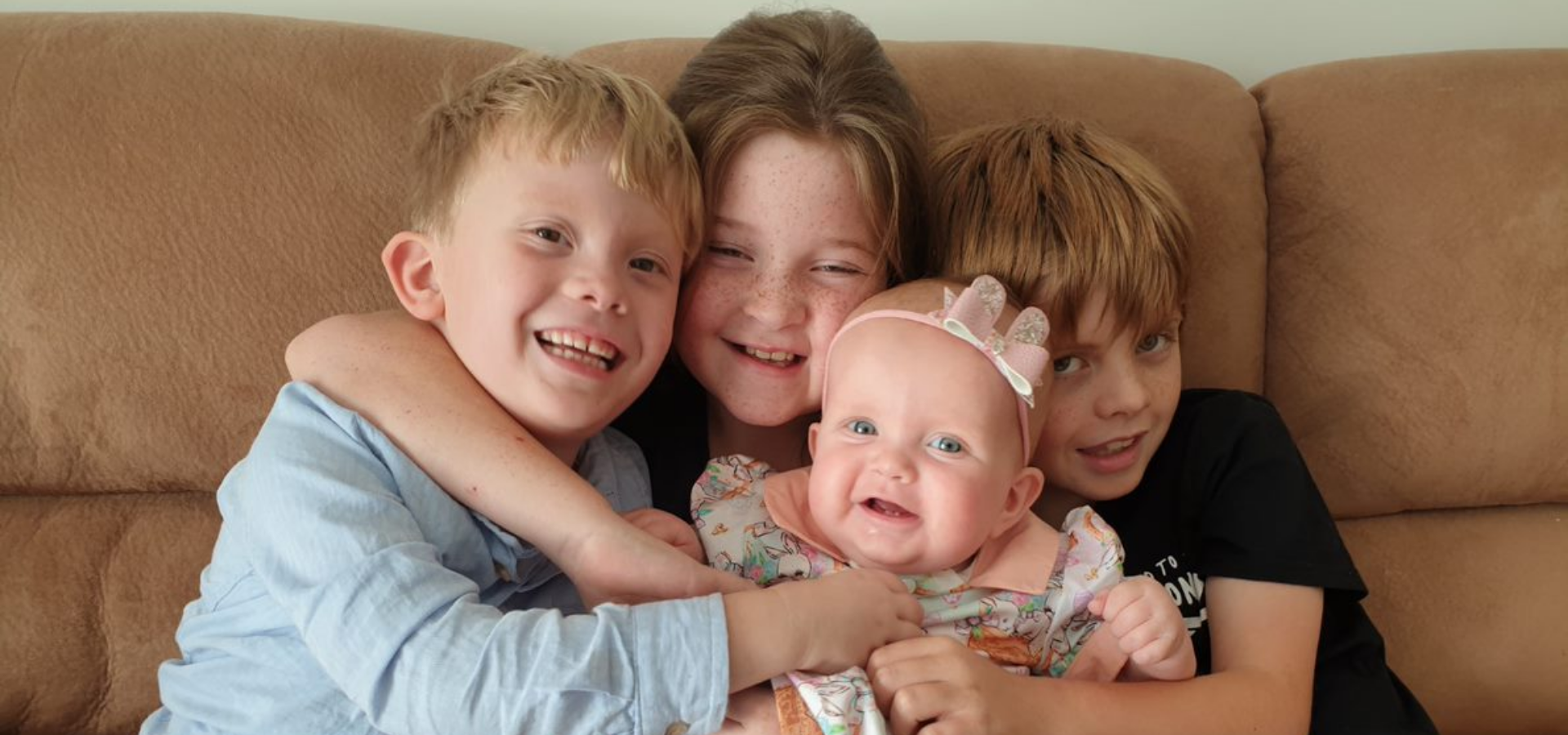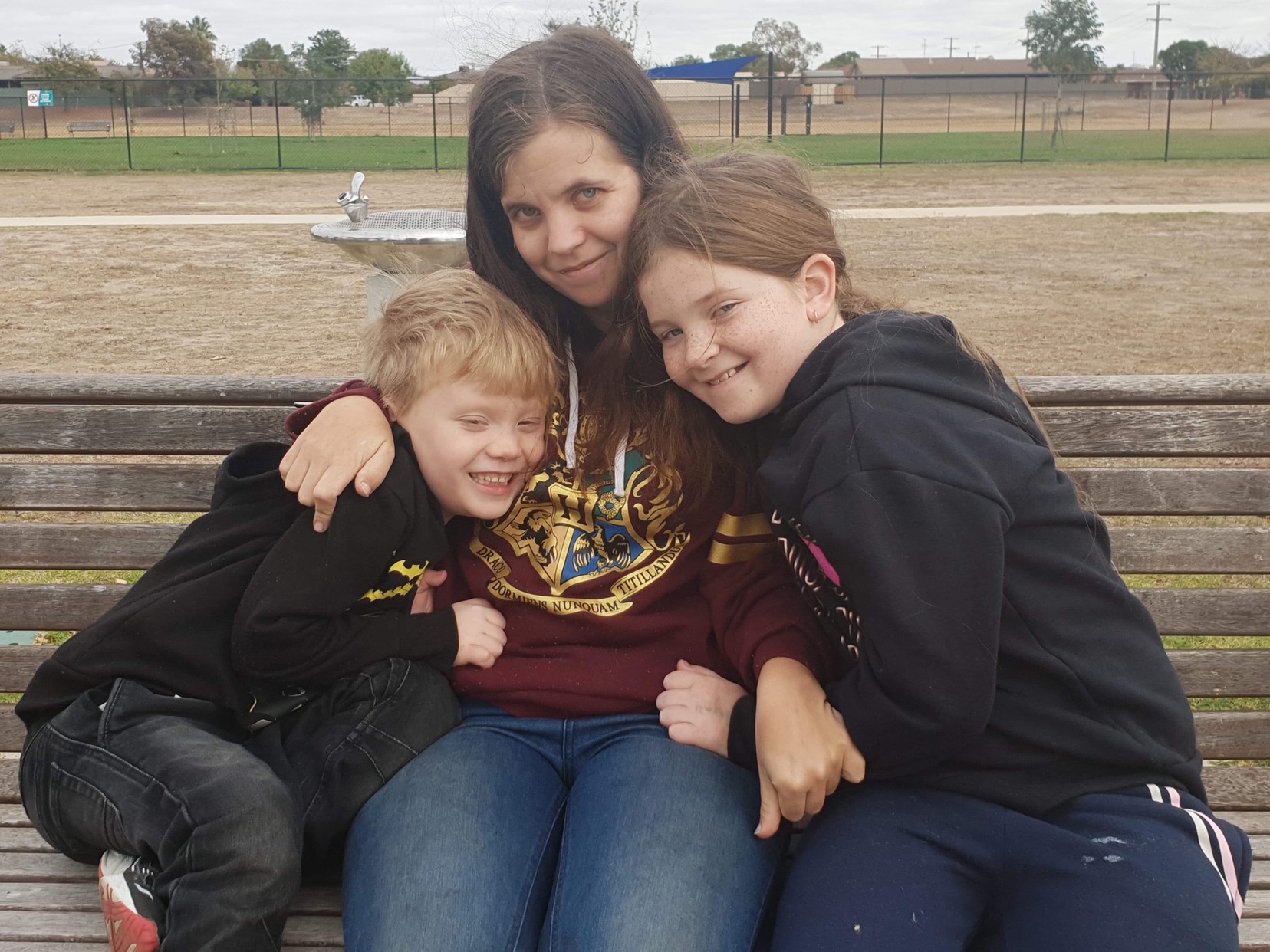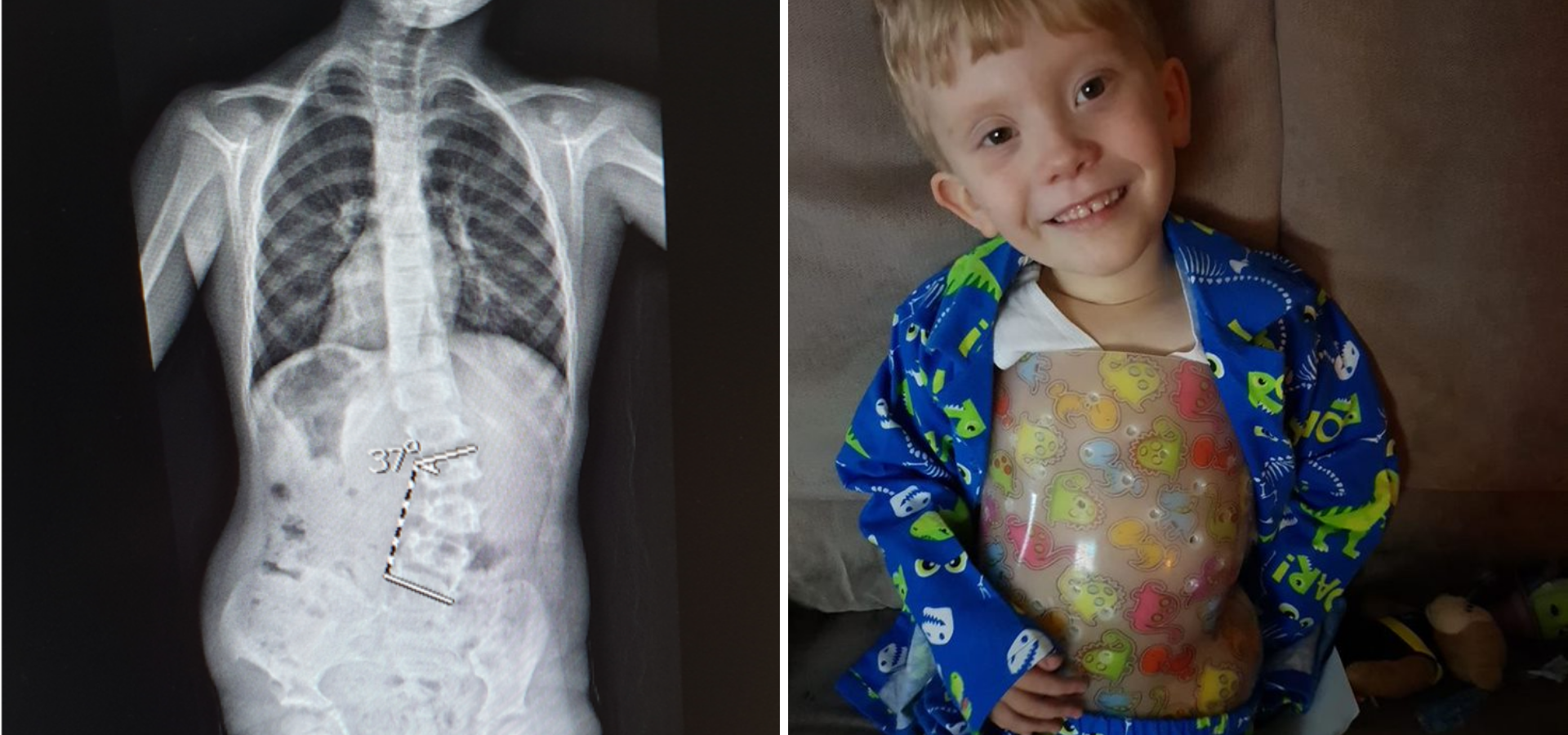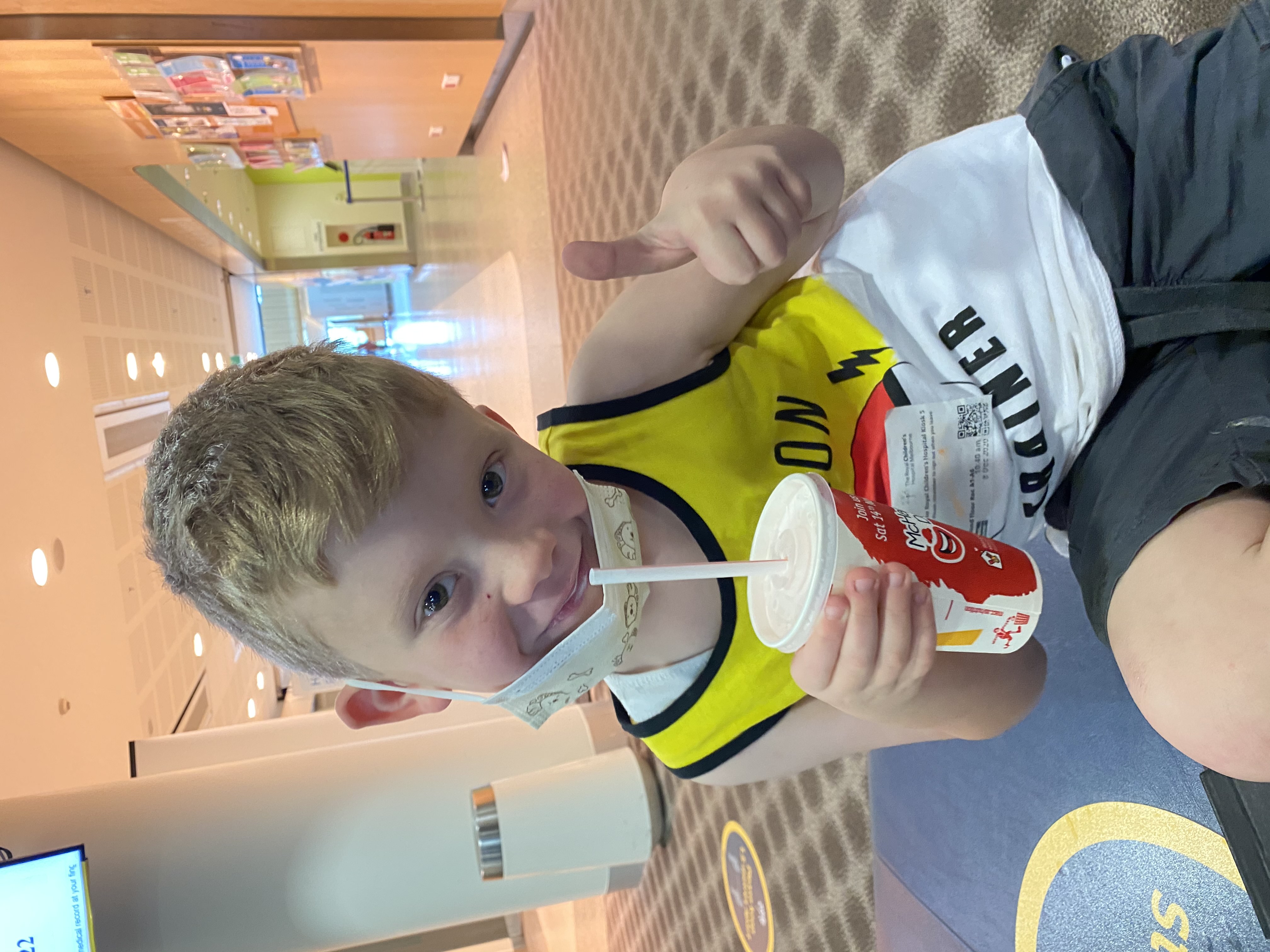Xavier was born with the genetic disorder, NF1 a condition that has been passed down through his family for generations. A condition that Karla had a fifty percent chance of passing onto her children.
Her family had only ever experienced mild complications, so together with her partner, they decided it was a risk they were willing to take. But, once Xavier was born it became clear how variable and serious NF could be.

Xavier has learning difficulties and developmental delays. He has a severe speech impairment, a brain tumour and an invasive tumour that has wrapped itself around multiple nerves in his spine, hip and thigh.
Xavier and Karla's journey to a diagnosis was long and arduous.
From a very early age, Karla suspected the he had NF despite not meeting all of the diagnostic criteria. However, every doctor she saw disregarded her fears.
The complete lack of urgency highlighted a cast lack of understanding of NF, even amongst medical practitioners. 
When he was almost three, Xavier became clumsy and exhibited signs of in-toe walking.
She took him to specialist-after-specialist begging for someone to listen, but was told it was “unlikely” that he had NF and that his leg “appeared fine”.
When a doctor finally agreed to do an ultrasound it showed a mass in his leg. She thought finally someone would take my concerns seriously, but was told to do nothing but “watch and wait”.
The complete lack of urgency highlighted a vast lack of understanding of NF, even amongst medical practitioners.
Desperate for answers, she called the Children’s Tumour Foundation and all but begged them for help and was so grateful that she did.
Within one week Xavier was admitted to the Royal Children’s Hospital in Melbourne and referred to a Neurologist who ordered an urgent MRI. The news was worse than anything she had prepared herself for. Xavier had a plexiform tumour (a tumour that is vascular and has its own blood supply) which covered the entire lumbar region of his spine. It had wrapped itself around the nerves in his hip and finished 7cm above his knee.
They also found a hamartoma tumour in the hypothalamus of his brain.
In May of 2018, two years after his original diagnosis, Xavier’s previously straight spine was at a 28-degree angle and just 6 months later it had progressed a further 10 degrees, which meant Xavier was fitted for a back brace to prevent his scoliosis (caused by the plexiform tumour and soft bones) from worsening.
He was initially thrilled that he would resemble a turtle, but for Karla it represented a definite shift in his treatment and quality of life.

The doctors stressed how this was unlikely to work and was “trial based”. For almost a year and a half, the brace did its job and held his curve, but during Melbourne’s second wave of COVID, Xavier’s family got the devastating. News that not only had his curve progressed, but it is progressing very rapidly. It was now at 63 degrees.
By December 2020, just 3 months later, it was almost 75 degrees. This is above the surgical point, and now made his case an “extremely difficult problem.”
What makes Xavier’s case so challenging is the cause of his scoliosis.
The orthopaedic surgeons often describe Xavier as having what they call “ NF bones”. They said kids with NF, for reasons they don’t understand, often have softer bones making large curves like Xavier’s difficult to treat. Xavier’s plexiform neurofibroma has started to eat away at his bone complicating his treatment further.
 They described this effect like a flowing river over rocks. As time goes on, the rocks erode to make room for the river. This is what his plexiform has done to his bones, making surgery even more difficult.
They described this effect like a flowing river over rocks. As time goes on, the rocks erode to make room for the river. This is what his plexiform has done to his bones, making surgery even more difficult.
Right now, the surgeons are struggling to work out where they can place the screws to hold the spinal rods.
At 7 years old, Xavier is much too young for spinal fusion surgery. Usually they wait until their teenage years, but if they don’t do anything soon they may just run out of time.
Their options are to do nothing as the tumours make their menacing advancement through his body or risk him bleeding to death in a surgery to remove them.
This complication also means Xavier will not qualify for the MEK inhibitor trial until he is healed from surgery. Xavier now experiences pain. Walking hurts, and the busier he is, the more it hurts.

I worry about his tumour and his spine, I worry about his development, his speech, his behaviour and his inability to articulate when something is wrong. I worry about the brain tumour that is currently lying dormant and I worry because I know this will be the first of many. I worry about Xavier’s experience in school, the potential for bullying and the social isolation his situation will have on him."
As a Mum, Karla wants to tell Xavier that life is too short to wake up with regrets, so if you want something, work hard and it will happen.
Just after this story was first shared back in 2019, Xavier played his first game of Aus Kick. An avid Richmond Tigers supporter, he wore his signed jersey with pride as he took off onto the field and just for a moment, her heart soared.
She is well aware of the limitations that NF will place on his life, but that doesn’t mean they won’t put up one hell of a fight first.
Xavier’s family hope that he will be approved to be on a MEK inhibitor clinical trial and his specialists are pushing in this direction. Because Xavier’s spine continues to bend and his tumour continues to grow, their only hope is for a clinical trial to stabilize or shrink his tumour.

I often find myself imagining what a life without NF would look like for Xavier. In those moments, I see his little legs taking off across the AFL field in search of glory."